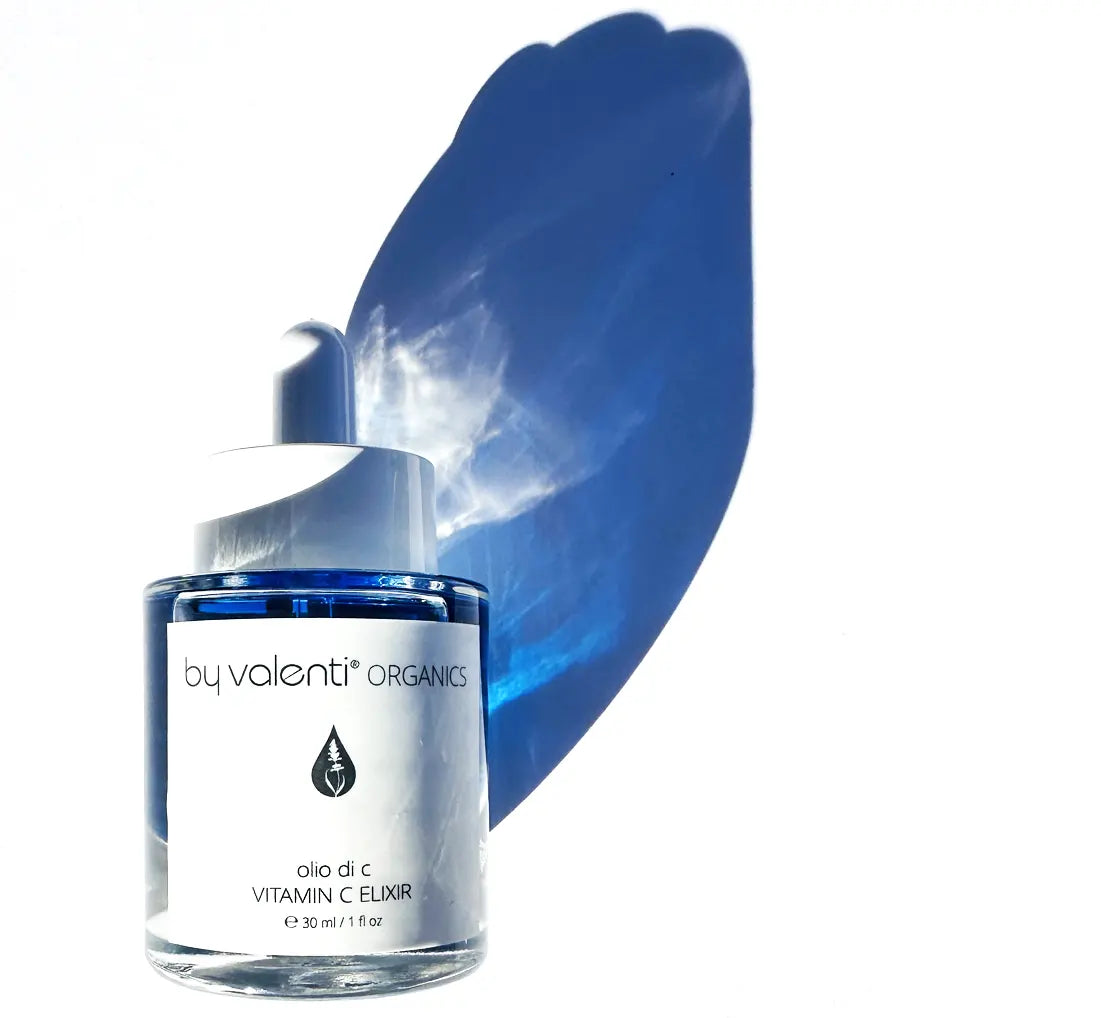Common Name
Cane Alcohol
INCI
Ethanol. Denatured Alcohol.
Extraction or Production Process
Cane alcohol is typically produced through the fermentation of sugarcane juice or molasses, followed by distillation to separate the ethanol from other components. The fermentation process involves the conversion of sugars present in sugarcane into alcohol by yeast or bacteria. The resulting alcohol solution is then distilled to increase its purity and remove impurities, resulting in a clear, colorless liquid suitable for use in cosmetics.
Sources
Cane alcohol is derived from sugarcane, a tall perennial grass native to tropical regions. The alcohol is extracted primarily from the juice of sugarcane stalks or from molasses, a by-product of sugar refining.
Country of Origin
Cane alcohol is produced in various countries with significant sugarcane cultivation, including USA, Brazil, India, Thailand, and Australia. The specific country of origin may vary depending on the manufacturer and supplier of the alcohol.
Function
In cosmetics, cane alcohol serves as a solvent, preservative, and astringent agent. It helps dissolve other ingredients, extend product shelf life, and tighten the skin.
Properties
The benefits of cane alcohol in cosmetics include its ability to dissolve other ingredients, extend product shelf life, inhibit microbial growth, tighten the skin, and provide a refreshing feel to skincare products.
Benefits
The benefits of AHAs include promoting clearer, more youthful skin by accelerating the natural exfoliation process, improving skin hydration, and diminishing the appearance of fine lines and wrinkles.
Contraindications and Precautions
While cane alcohol is generally considered safe for topical use, it may cause skin irritation or dryness, especially in individuals with sensitive or dry skin. Pregnant women should exercise caution when using products containing cane alcohol, as excessive exposure to alcohol through the skin may pose risks to fetal development. Additionally, individuals with alcohol sensitivity or allergies should avoid products containing cane alcohol.
•


